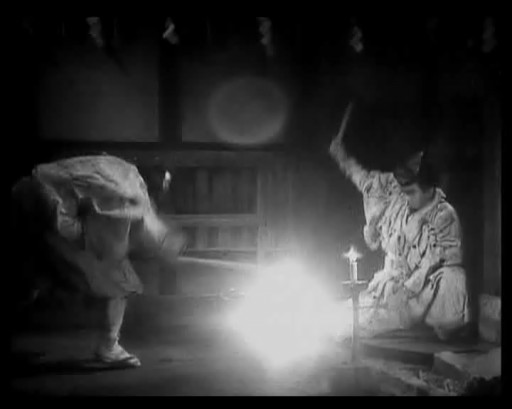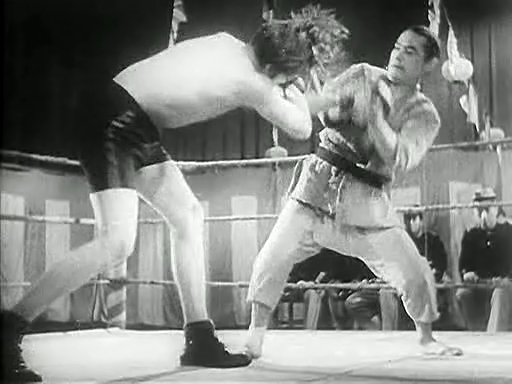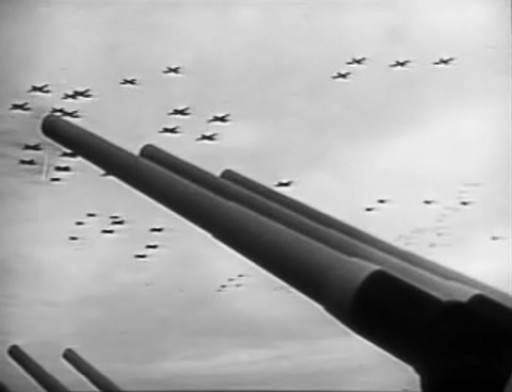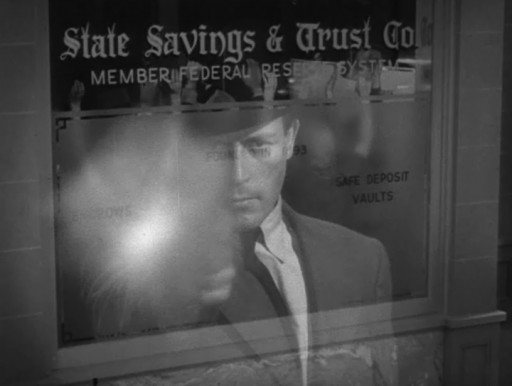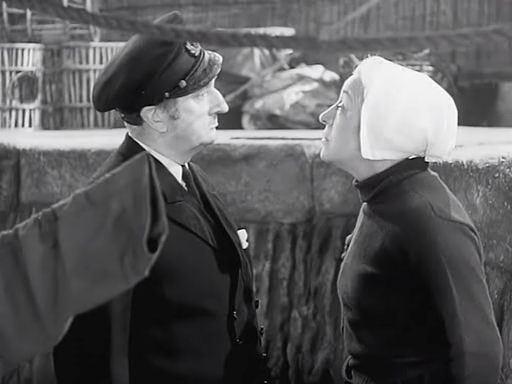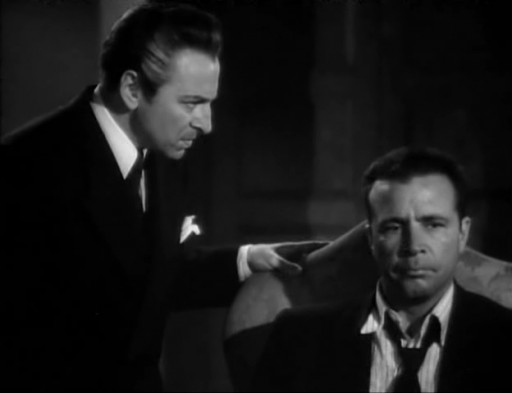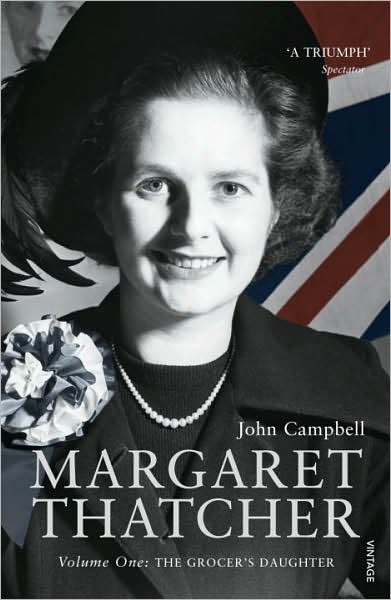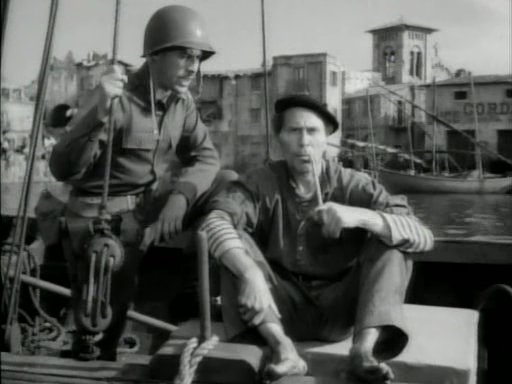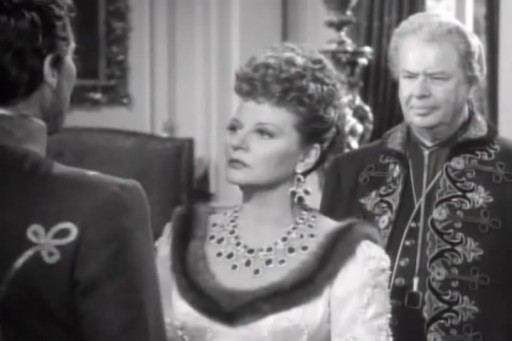
Dead of Night (1945, UK) – A group of people share stories about their encounters with the supernatural. Everything Ealing Studios touches, even horror, turns to gold. My favourite story is about the ventriloquist’s evil dummy, a cliché today, but this is the earliest use I’ve seen of it in a movie, and it’s wonderfully creepy. In fact, this is possibly the first really good, scary horror movie. Watched it all.
The White Gorilla (1945, USA, Fraser) – In deepest, darkest Africa, a white boy commands a savage tribe, and a white gorilla is the most fearsome beast of the jungle. White traders investigate these strange events. What could it all mean? Watched: 9 minutes.

Perfect Strangers (1945, UK, Korda) – Robert Donat and Deborah Kerr are a delicate married couple who gets pushed around by everybody. The war separates them, forces them to become more wordly and confident, and when they are finally reunited they have been reborn as a new breed of Englishman, ready to rebuild their country – and their own marriage – as a union between equals. Watched it all.
Yolanda and the Thief (1945, USA, Minnelli) – In the fictional land of Patria, where everything is lovely and technicolorful, naive heiress Lucille Bremer takes control of her family empire. This movie is proof of what can happen when you uncritically pour a shitload of money into a musical. Watched: 20 minutes, then fast forwarded through all the bizarre scenes, of which this one is actually pretty good:
